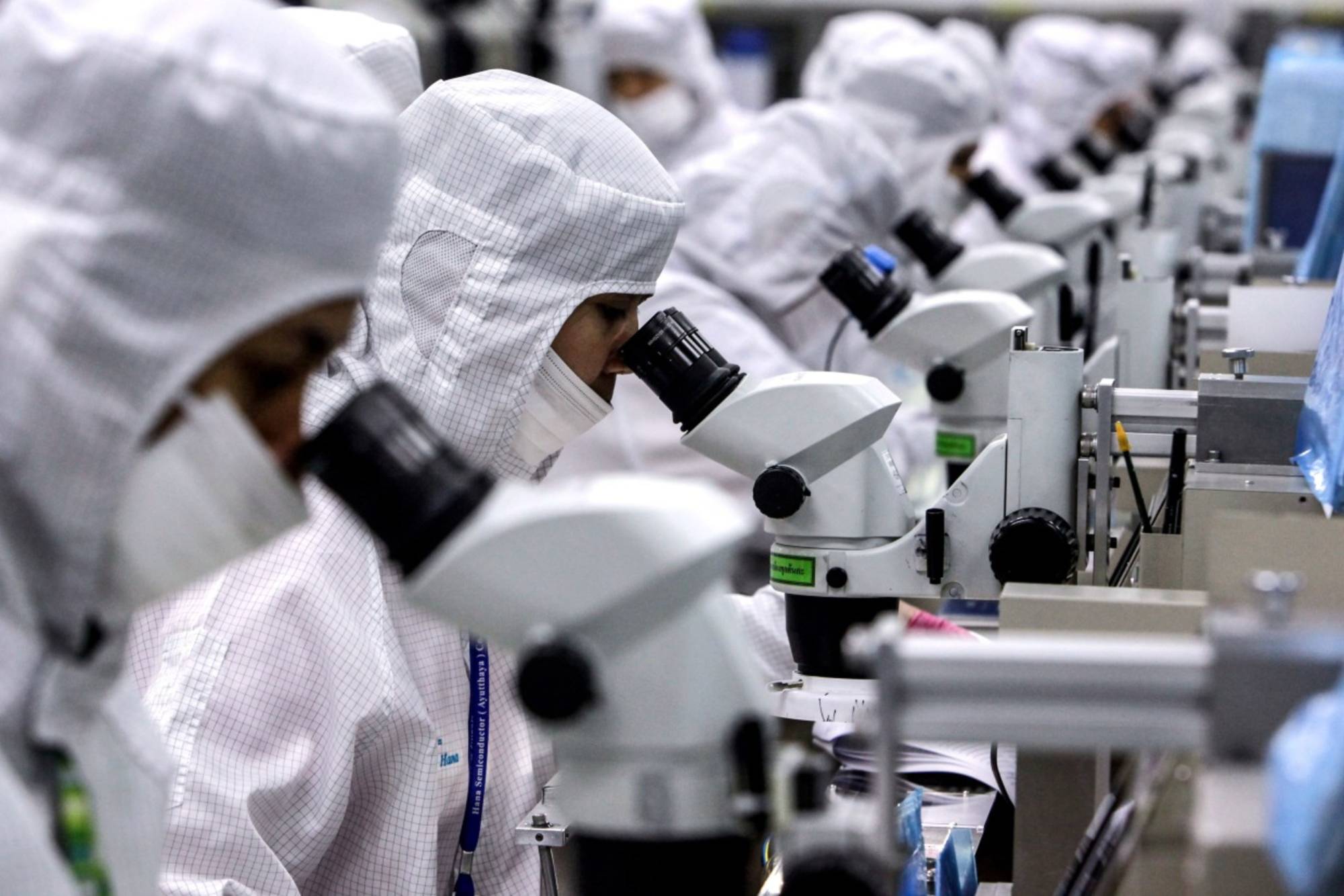Automobile and electronics manufacturers worldwide have recently had to reduce output because a severe drought in Taiwan has hit the island’s production of semiconductors.
This and other global supply-chain disruptions — many of them caused by the COVID-19 pandemic — have prompted advanced economies to take steps to mitigate the potential impact. But what types of government action make economic sense?
Supply-chain bottlenecks can have a significant economic effect. Germany, for example, imports 8% of its intermediate products from low-wage countries (the United States relies on these economies for just 4.6% of its inputs). Problems with input deliveries recently led Germany’s Ifo Institute to lower its forecast for German GDP growth this year by almost half a percentage point, to 3.3%.



